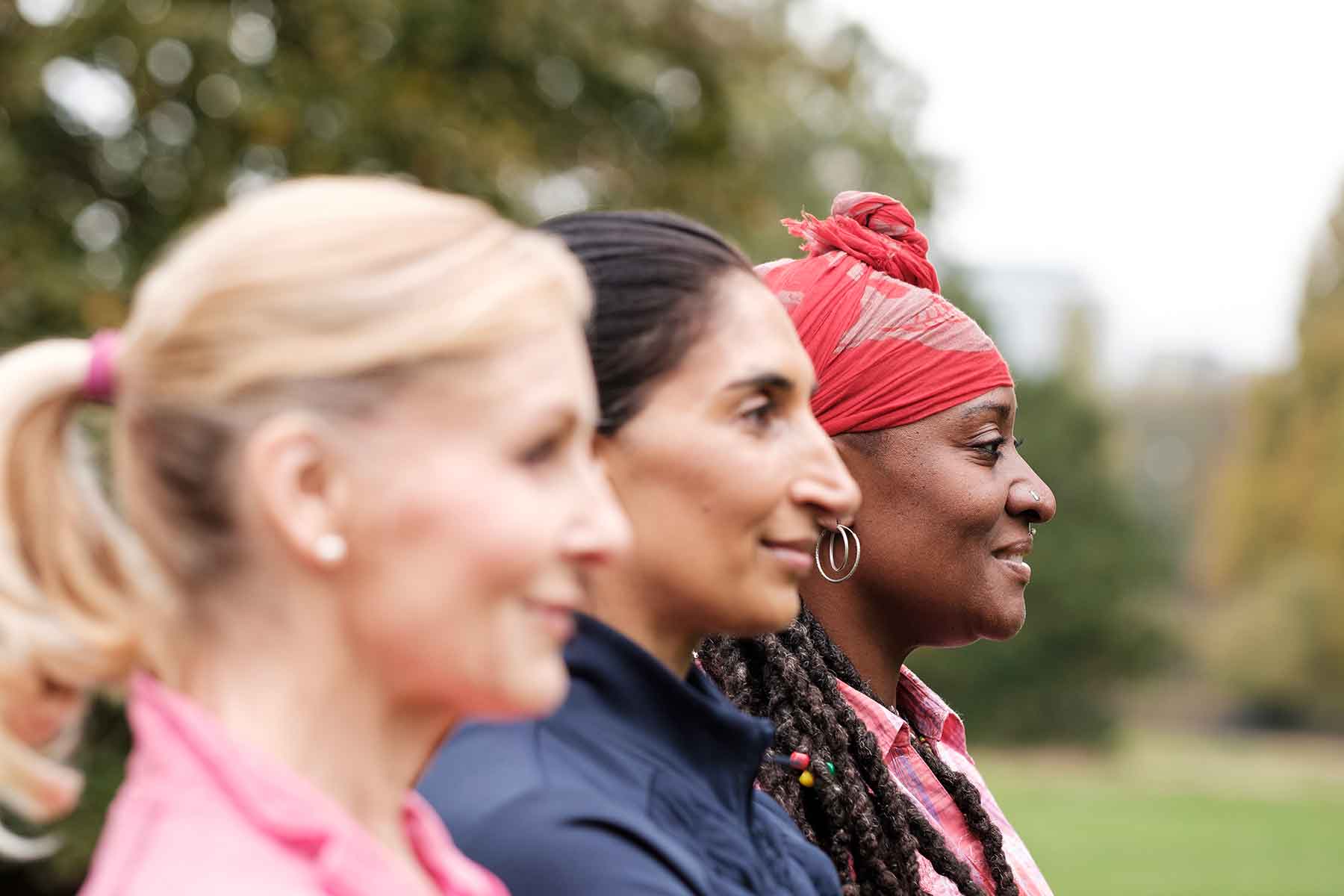In our journey through life, we often encounter experiences that leave an indelible mark on our psyche. Sometimes, these experiences can cause inner trauma, shaping our beliefs and influencing how we interact with the world.
This article is devoted to helping you recognize and heal your inner trauma, and in the process, change your ingrained beliefs. By embarking on this journey of self-discovery and healing, you can transform not only your relationship with yourself but also your relationships with others.
What is Inner Trauma

Inner trauma is a term often used in psychology and self-help contexts, refers to emotional pain or distress caused by past experiences that linger in our subconscious. These experiences could range from adverse childhood events, such as neglect or abuse, to adult experiences, like heartbreak or loss.
Unlike physical wounds that heal over time, inner trauma might remain hidden, influencing our behaviors, thoughts, and emotions in ways we may not even recognize. It often manifests through symptoms like anxiety, depression, low self-esteem, or difficulty in forming and maintaining relationships.
Identifying Your Inner Trauma
Identifying inner trauma is the first step toward healing. This process involves introspection and self-awareness.
Look for patterns in your behaviour, thoughts, and emotions that might suggest unresolved trauma. Signs of inner trauma may include recurring negative thoughts, emotional instability, self-destructive behavior, or unexplained physical symptoms like fatigue or pain.
How to identify your inner trauma
To identify your inner trauma, you could start by reflecting on your past experiences. Try to remember any events that were particularly distressing or painful for you. It could be helpful to write these down as a way to fully acknowledge them.
Another strategy is to pay attention to your triggers. These are situations, people or things that cause a strong emotional response in you. Understanding your triggers can provide clues about your underlying trauma.
Techniques for Healing Inner Trauma
Healing inner trauma is a process that often involves professional help. Therapies such as cognitive-behavioral therapy, eye movement desensitization and reprocessing (EMDR), and trauma-focused cognitive behavioral therapy (TF-CBT) have proven effective.
Self-care practices can also aid in the healing process. These include meditation, regular exercise, maintaining a healthy diet, and getting plenty of sleep. Journaling your thoughts and feelings can also be a therapeutic tool. It's also important to build a strong support network of people you trust and feel comfortable sharing your experiences with.
Remember, healing from inner trauma takes time and patience. It's important to be gentle with yourself throughout the process.
Changing Your Inner Beliefs

Changing your inner beliefs is a process that requires self-awareness, introspection, and a willingness to challenge your current thought patterns. It is a vital step in healing from inner trauma and can lead to significant personal growth.
How to Change Your Inner Beliefs
Through these steps, you can change your inner beliefs, fostering a more positive mindset and contributing to your overall personal growth and well-being.
- Identify Your Beliefs: The first step towards changing your inner beliefs is to identify them. These are the thoughts and ideas that you hold to be true about yourself and the world around you. They're often formed in childhood and can be influenced by a variety of factors including your family, culture, and personal experiences.
- Challenge Your Beliefs: Once you've identified your beliefs, the next step is to challenge them. Ask yourself why you hold these beliefs and whether they're truly accurate. Remember, just because you've believed something for a long time doesn't mean it's true.
- Replace Negative Beliefs: If a belief is negative or harmful, work on replacing it with a positive one. For instance, if you believe that you're not good enough, replace it with the belief that you are worthy and capable.
- Affirmations: Regularly repeating positive affirmations can help reinforce new beliefs. These are positive statements that you repeat to yourself, such as "I am enough" or "I deserve love and respect".
- Seek Professional Help: If you're struggling to change your beliefs on your own, consider seeking help from a therapist or counsellor. They can provide you with strategies and tools to effectively change your thought patterns.
The Impact of Personal Growth on Your Relationships
Personal growth, particularly when it involves inner healing and transformation of beliefs, can have a profound impact on your relationships. As you evolve and grow, there's a shift in your perspective, priorities, and interaction style that can affect your relationships in numerous ways.
One of the first things that might happen is that we might not get along with some people as well as we used to. Maybe we used to have a lot in common with a friend or a partner, but as we change, we might find that we don't have as much in common anymore. This doesn't mean that anything bad has happened. It's just a normal part of growing and changing.
As you continue evolving and growing, your relationships may experience more impacts. For deeper insights into the effects of personal growth, you can read an additional article on the topic here. What happens when you change but your surroundings remain the same?
Conclusion
Being courageous and addressing our inner trauma can significantly transform us and the way we interact with others. As a result, we might drift apart from some friends, but that's okay. It indicates our growth and the opportunity to make new friends who appreciate our evolved selves.
As we change, we gain deeper self-awareness, enhancing our self-esteem. We also become more comfortable discussing our feelings, promoting healthier interactions with others.
Change and growth are beneficial. They enable us to reach our potential and lead fulfilling lives. So, let's bravely embrace change, as it guides us toward our true selves.




